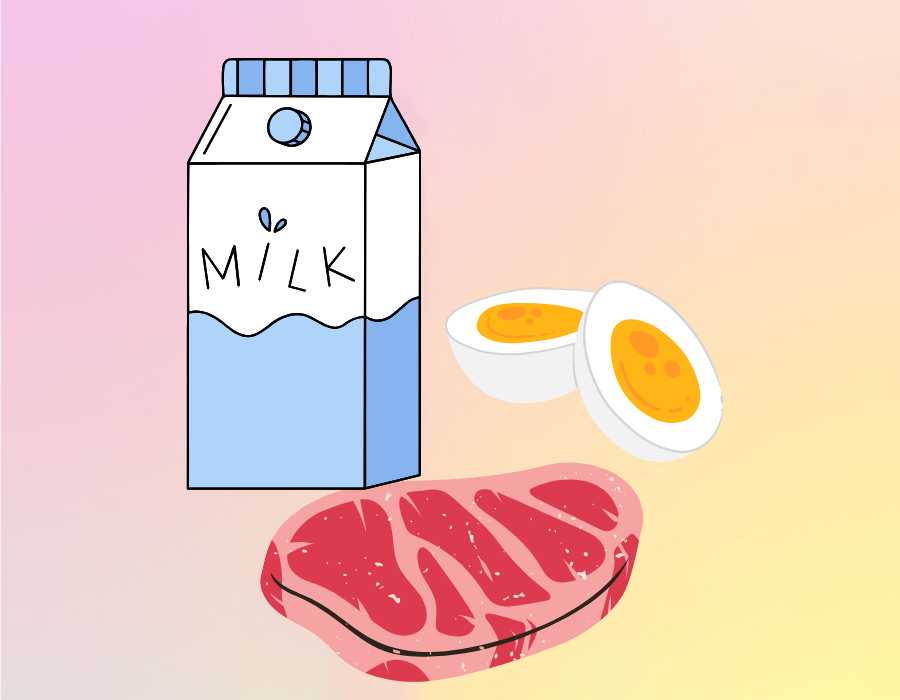Protein is important. How do you choose high-quality protein?
If you have any queries or suggestions, please feel free to reach out via email to info@harisonfitness.com. We will do everything in our capacity to ensure that you love your experience with us.
In daily life, many foods are rich in protein. Many fitness enthusiasts often wonder: How should we choose protein sources? What constitutes high-quality protein? And how should we actually consume it? Below, we’ll share some basic protein knowledge.
01 The Importance of Protein
Currently, among the amino acids required by the human body, many cannot be synthesized by the body itself. They must be obtained through dietary intake to supplement the body’s essential amino acids. These amino acids that cannot be synthesized by the body are referred to as essential amino acids. Therefore, any protein containing these essential amino acids can be classified as high-quality protein.
02 Types of High-Quality Protein
Protein is widely available in everyday markets, with both animal and plant sources serving as our primary protein supplies. Generally, most proteins found in animal-based foods are considered high-quality proteins. However, among plant-based proteins, nutritionists indicate that only those in soy products and a limited number of nuts qualify as high-quality proteins.
Animal protein is superior to plant protein. Unless one follows a vegetarian diet for religious or other health reasons, meat-based protein should be the preferred choice when selecting protein sources. In fact, soy products are the primary protein source for vegetarians.
03 What are some high-quality protein sources in daily life?
As living standards improve, food choices have become increasingly diverse and abundant, sometimes leading to confusion. In reality, high-quality protein sources are often commonplace foods readily available everywhere.
(1) Eggs and Milk
First, both are economical staples in daily diets. Milk protein contains a complete amino acid profile, making it a “complete protein” with high absorption and utilization rates. Eggs are exceptionally rich in leucine—a single egg provides 0.5g—offering affordable, high-quality protein.

(2) Red Meat
Here, red meat primarily refers to lean cuts of beef and skinless poultry. These meats are not only rich in protein but also contain numerous essential trace elements. They are relatively low in calories, offer excellent flavor, and serve as a common source of high-quality protein in modern diets.
(3) Fish and Seafood
The advantage of certain aquatic products lies not only in their high protein content but also in their superior fats, such as abundant omega-3 fatty acids. Fish, in particular, are rich in DHA and EPA. These ingredients provide both essential nutrients the body needs, making them excellent additions to our daily diet.
(4) Soy Products
As mentioned earlier, while animal protein generally surpasses plant protein, soy products serve as the primary protein source for vegetarians. Examples like tofu, various beans, and mock chicken are all excellent sources of high-quality protein. However, vegetarians should undergo regular health checkups to monitor for potential nutrient deficiencies. Supplementing with appropriate nutrients based on dietary needs is advisable for added safety. Not everyone is suited for a strictly vegetarian diet, so careful consideration is essential.
High-quality protein is vital for the human body. Yet, while consuming it, we must also prioritize nutritional balance. Pair it with quality carbohydrates and fats, and eat plenty of fresh fruits and vegetables. Only with comprehensive nutrition can protein function optimally, working together to maintain our overall health.



Leave a Reply
Want to join the discussion?Feel free to contribute!